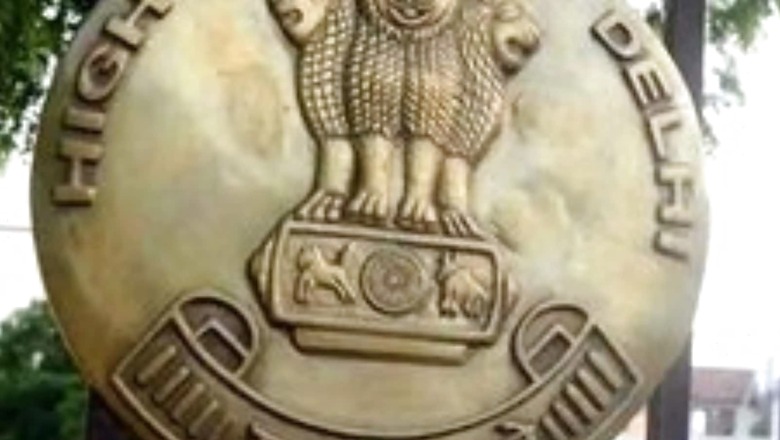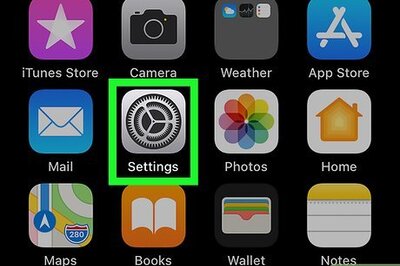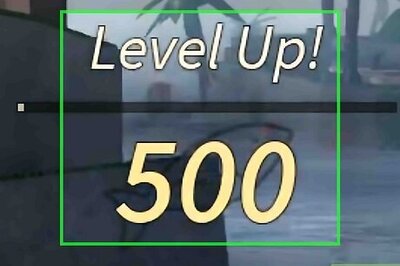
views
The Delhi High Court has directed the Aam Aadmi Party government to provide free food and medical treatment to HIV-positive persons living below the poverty line.
A division bench of Chief Justice Satish Chandra Sharma and Justice Subramonium Prasad observed, “The government shall ensure strict compliance of the statutory provisions under the 2017 Act, read with its Rules made thereunder. The government is also directed to ensure free food and medical treatment to HIV-positive persons who are below the poverty line and, hence, are unable to afford the same.”
The court was hearing a Public Interest Litigation (PIL) by people suffering from HIV/AIDS and other disabilities and illnesses who were homeless and abandoned by their families and had no place to live.
They sought several directions from the Centre, Ministry of Urban Development and Poverty Alleviation, Ministry of Finance, Ministry of Labour and Employment, National AIDS Control Organization, and Ministry of Social Justice and Empowerment to provide permanent housing, food security, monthly pension, subsistence allowance, hot meals, 24-hour hospice cam and shelter, caregivers, medicine, counselling and care.
The Delhi government apprised the court of the National AIDS Control Programme being implemented in the city since 1998 by the Delhi State AIDS Society under the technical and financial support of the National AIDS Control Organization.
The Ministry of Urban Development and Poverty Alleviation stated that the Jawaharlal Nehru Urban Renewal Mission (JNNURM) aims to provide housing and basic services to urban poor and slum dwellers in 65 specified cities under the Sub Mission Basic Services to Urban Poor (BSUP) and in other cities/towns under the Integrated Housing and Slum Development Programme (IHSDP).
However, it also said it does not have a specific scheme aimed at rehabilitating HIV/AIDS-positive people, thus, no relief can be claimed for allotment of a house or shelter.
Taking note that the Human Immunodeficiency Virus and Acquired Immune Deficiency Syndrome (Prevention and Control) Act, 2017 was implemented across the country from September 10, 2018, to establish a robust system to deal with the grievances of affected persons, the bench noted that the Delhi government had framed rules to ensure compliance and appointed the District Magistrate as the Ombudsmen under the said rules.
On perusal of the status report submitted by the Delhi government, the court observed that various schemes proposed by the GNCTD aimed at providing free anti-retroviral therapy (ART) to patients and financial assistance to people living with HIV/AIDS, including children.
Conclusively, the division bench noted that the Delhi government had put in place several rehabilitative schemes and measures, including affordable treatment, to provide aid and assistance to HIV-positive patients, and it was ensuring strict compliance under the Human Immunodeficiency Virus and Acquired Immune Deficiency Syndrome (Prevention and Control) Act, 2017.
“It is abundantly evident that the GNCTD is ensuring strict compliance under the statutory provisions of the 2017 Act. Further, the GNCTD has taken all possible steps to ensure that affordable treatment is available to individuals afflicted with HIV/AIDS, who do not possess the financial wherewithal to do so,” the court said.
Read all the Latest India News here



















Comments
0 comment